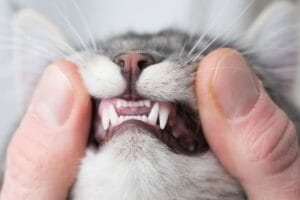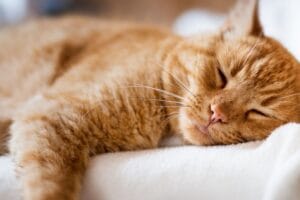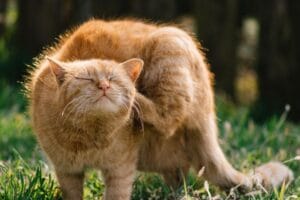Best Homemade Foods for Pregnant and Nursing Cats
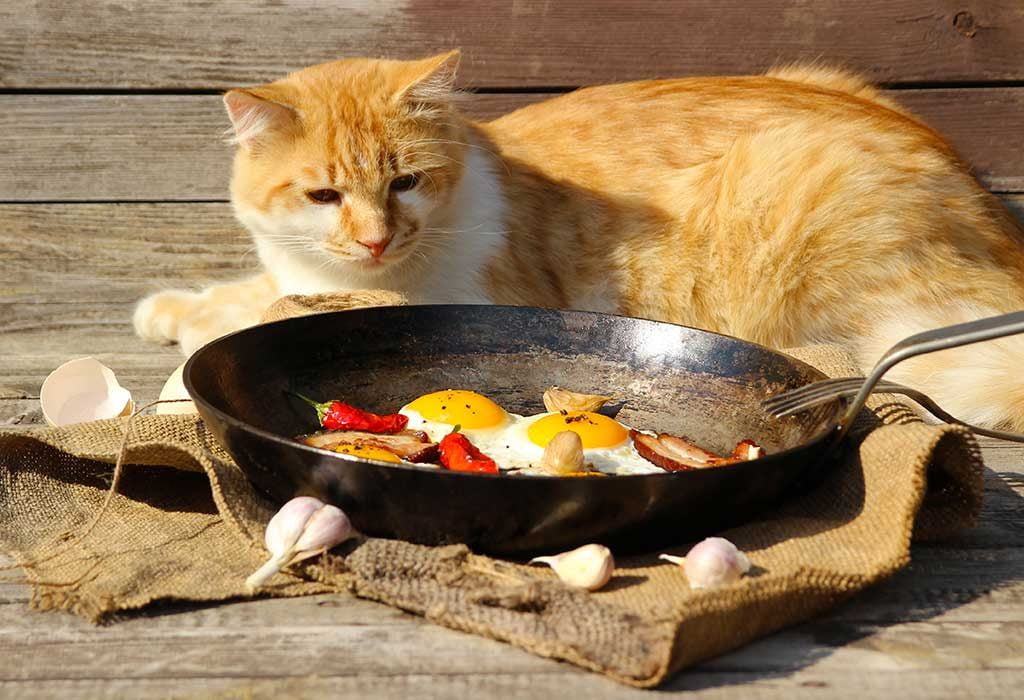
Bringing a new life into the world is an exciting time, and just like humans, cats require proper nutrition during pregnancy. Providing your pregnant cat with a well-balanced diet is crucial for her health and the health of her kittens. While there are various options available, one alternative that holds significant advantages is homemade food. Let’s explore the benefits of opting for homemade foods for pregnant cats, and the reasons behind this choice.
Benefits of Homemade Foods for Pregnant Cats
Customized Nutrition: When preparing homemade foods for pregnant cats, you have complete control over the ingredients. This allows you to tailor her diet to meet specific nutritional requirements during pregnancy. Incorporating high-quality proteins, such as cooked chicken or fish, provides essential amino acids that aid in the development of healthy kittens. Additionally, you can include cooked eggs, which are rich in vitamins and minerals like choline, necessary for proper brain development.
Freshness and Quality: By preparing homemade meals, you ensure the freshness and quality of the ingredients used. Commercial cat food may contain preservatives or low-quality fillers that do not offer the same level of nutrition as fresh, whole foods. With homemade food, you have the advantage of selecting premium ingredients, such as lean meats and fresh vegetables, which are packed with vital nutrients. This choice contributes to overall well-being and supports the growth of robust, healthy kittens.
Digestive Health: Pregnant cats may experience changes in their digestive systems, making it crucial to provide easily digestible food. Homemade meals offer the advantage of using real, whole ingredients that are less likely to cause gastrointestinal issues. Additionally, you can control the portion sizes to ensure your cat doesn’t overeat or struggle with weight gain, which can lead to complications during pregnancy.
Hydration: Adequate hydration is vital during pregnancy to support a healthy pregnancy and milk production. Commercial cat food may not provide sufficient moisture content, leading to potential dehydration. Homemade food allows you to incorporate water-rich ingredients, such as cooked chicken broth or wet vegetables, which can help maintain hydration levels and support your cat’s overall well-being.
Cost-Effective: Most importantly, preparing homemade foods for pregnant cats can be a cost-effective option. While commercial cat foods designed for pregnant cats are available, they can be quite expensive. By creating homemade meals, you have more control over the ingredients and can often find more affordable options at your local grocery store or market. This allows you to provide nutritious meals for your pregnant cat without breaking the bank.
Furthermore, your cat may have certain medical conditions, such as kidney or liver disease, which require specialized diets. Most commercial food is not designed for such cats, thus homemade options are a good alternative.
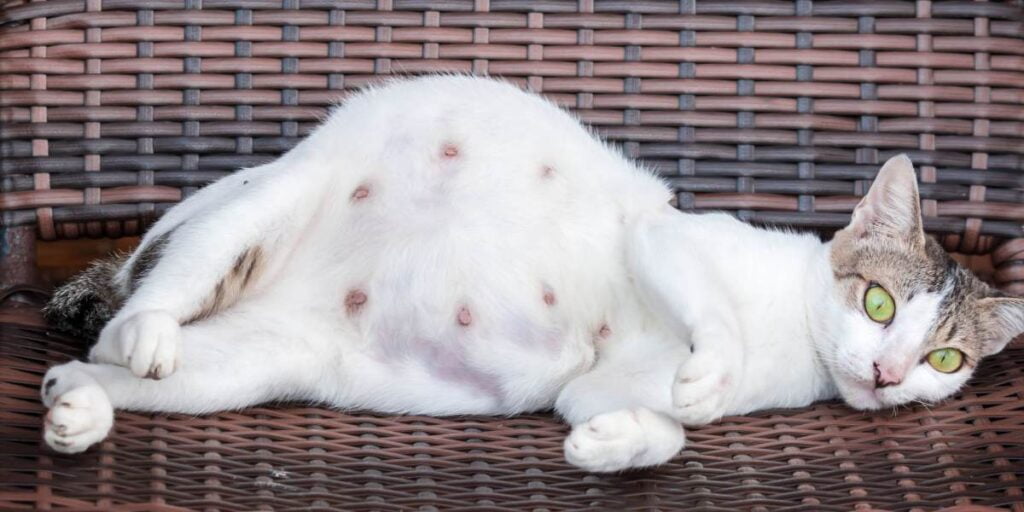
Nutritional Requirements for Pregnant Cats
During pregnancy, cats have increased energy needs to support both their own health and the development of their growing kittens. Providing a well-balanced and nutrient-rich diet is crucial to ensure the health and well-being of the mother cat and her offspring. Here are some key nutritional requirements to consider:
- Increased Energy Needs: The energy requirements of pregnant cats can increase by approximately 20-30% compared to their non-pregnant state. This additional energy is necessary to support the growth and development of the kittens.
- Essential Nutrients: Pregnant cats require higher levels of certain nutrients to support fetal development. These include:
- Protein: Protein is essential for muscle development and tissue growth. Pregnant cats should consume diets with a higher protein content, ideally around 30-40% of their daily caloric intake.
- Essential Fatty Acids: Omega-3 fatty acids, such as DHA, are important for brain and eye development in kittens. Including sources of fatty acids, such as fish oil or flaxseed oil, in the diet is beneficial.
- Calcium: Adequate calcium intake is crucial for the development of strong bones and teeth in kittens. It is recommended to provide calcium-rich foods or consult with a veterinarian regarding calcium supplementation.
- Importance of Balanced Meals: A well-balanced diet ensures that pregnant cats receive all the necessary nutrients in the right proportions. Offering a variety of high-quality protein sources, such as lean meats or poultry, along with a mix of fruits, vegetables, and whole grains, can help meet their nutritional requirements.
Note: It is important to consult with a veterinarian to determine the specific dietary needs of your pregnant cat. They can provide guidance on appropriate protein intake, recommended vitamin and mineral supplementation, and any other specific dietary considerations based on your cat’s individual needs and health condition.
Best Homemade Foods for Pregnant Cats
During pregnancy, it’s essential to provide your cat with nutrient-rich meals that support her health and the development of her kittens. Here are five homemade dishes that are beneficial for pregnant cats, along with their ingredients and preparation instructions:
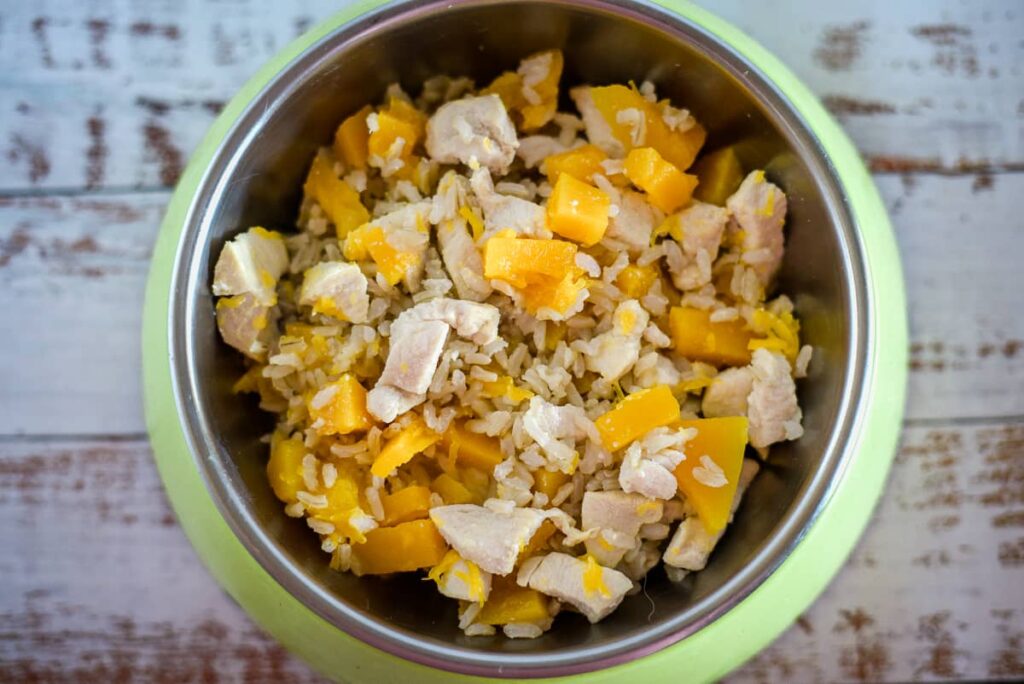
Chicken and Pumpkin Stew
This hearty stew combines lean chicken and nutrient-packed pumpkin to create a well-rounded meal for pregnant cats. This dish provides high-quality protein from chicken, which supports muscle development and growth. Pumpkin adds dietary fiber and promotes healthy digestion, while carrots offer essential vitamins and minerals.
Ingredients:
- 1 cup cooked chicken (shredded)
- 1/4 cup pumpkin puree
- 1/4 cup cooked quinoa
- 1/4 cup steamed carrots (mashed)
- 1/4 cup chicken broth (low sodium)
Instructions:
- In a bowl, mix the cooked chicken, pumpkin puree, cooked quinoa, mashed carrots, and chicken broth.
- Stir well to ensure all ingredients are evenly combined.
- Serve the stew in your cat’s dish, ensuring it has cooled down to room temperature.
- Store any leftovers in the refrigerator for up to three days.
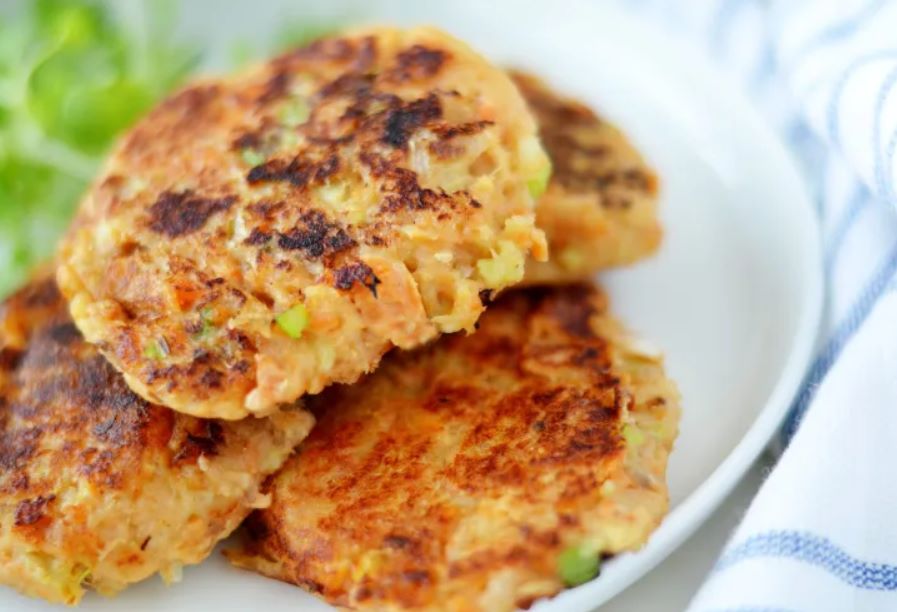
Salmon and Sweet Potato Patties
These homemade patties feature salmon and sweet potatoes, providing a nutrient-dense and flavorful option for pregnant cats. Salmon is an excellent source of omega-3 fatty acids, which promote brain development in kittens. Sweet potatoes provide essential vitamins and minerals, while oat flour offers dietary fiber.
Ingredients:
- 1/2 cup cooked salmon (flaked)
- 1/4 cup mashed sweet potato
- 1 tablespoon olive oil
- 1/4 cup oat flour
Instructions:
- In a mixing bowl, combine the cooked salmon, mashed sweet potato, olive oil, and oat flour.
- Mix well until the ingredients form a thick paste.
- Divide the mixture into small portions and shape them into patties.
- Heat a non-stick pan over medium heat and lightly grease it with olive oil.
- Cook the patties for 2-3 minutes on each side until they are golden brown.
- Allow the patties to cool before serving them to your pregnant cat.
- Store any remaining patties in an airtight container in the refrigerator for up to three days.
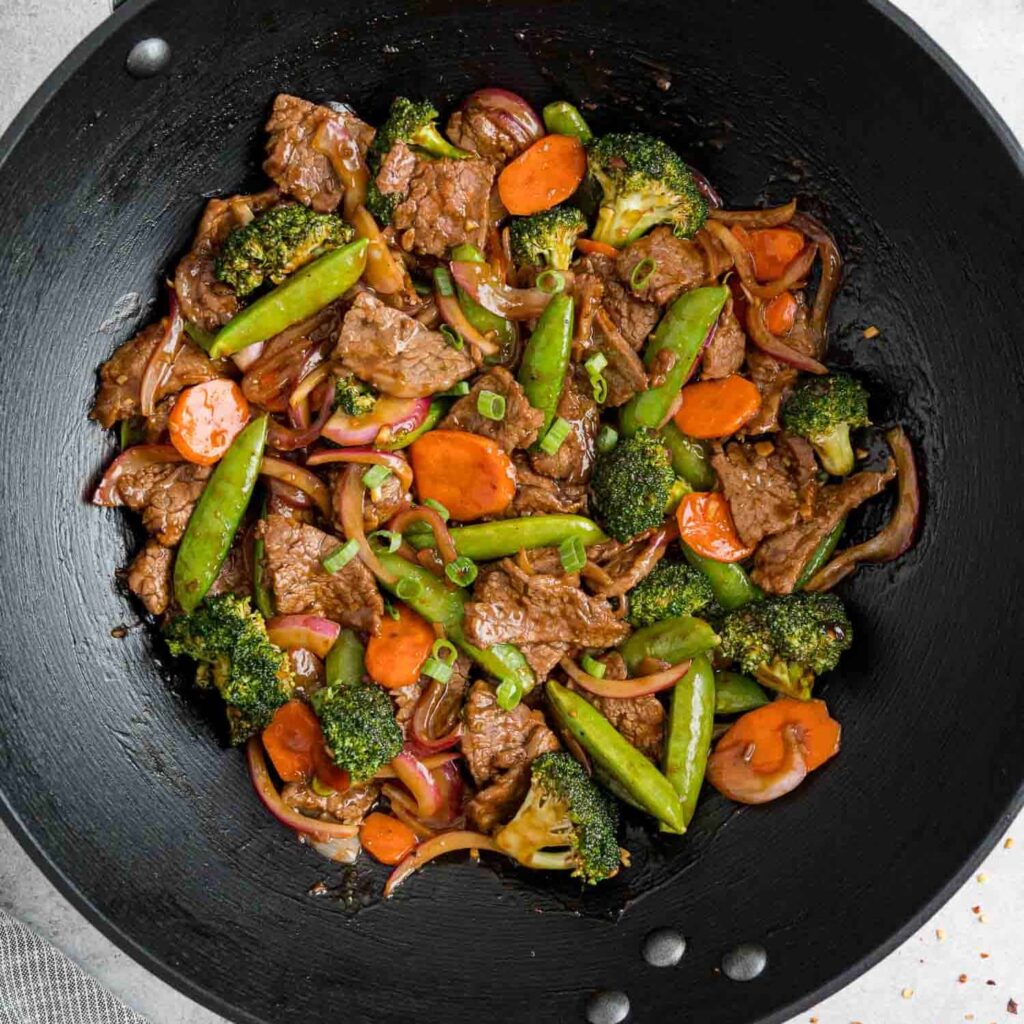
Beef and Vegetable Stir-Fry
This flavorful stir-fry combines lean beef and a variety of vegetables to create a nutritious and satisfying meal for pregnant cats. Lean beef provides high-quality protein, while mixed vegetables offer a range of vitamins and minerals. Brown rice adds complex carbohydrates for energy.
Ingredients:
- 1/2 cup cooked lean beef (diced)
- 1/4 cup mixed vegetables (carrots, peas, green beans – steamed)
- 1 tablespoon coconut oil
- 1/4 cup cooked brown rice
Instructions:
- In a pan, heat the coconut oil over medium heat.
- Add the diced beef and stir-fry for 2-3 minutes until it is cooked through.
- Add the steamed mixed vegetables to the pan and continue stir-frying for another 2 minutes.
- Remove the pan from heat and mix in the cooked brown rice.
- Allow the stir-fry to cool before serving it to your pregnant cat.
- Store any leftovers in the refrigerator for up to three days.
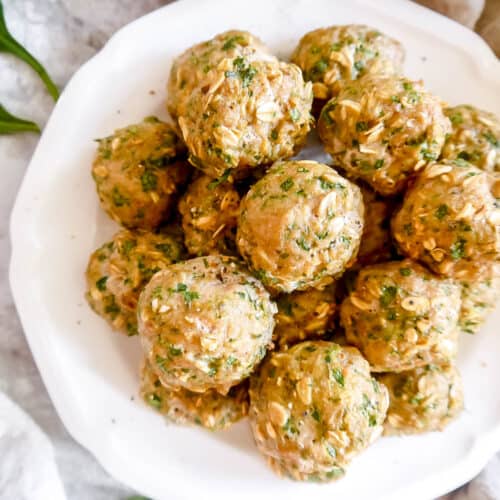
Turkey and Spinach Meatballs
These homemade meatballs combine lean turkey and nutrient-rich spinach, providing a flavorful and nutritious option for pregnant cats. Turkey is a lean protein source, while spinach provides essential vitamins and minerals. Oat flour offers dietary fiber for digestion.
Ingredients:
- 1/2 cup cooked ground turkey
- 1/4 cup cooked spinach (chopped)
- 1/4 cup oat flour
- 1 egg (lightly beaten)
Instructions:
- Preheat the oven to 350°F (175°C) and line a baking sheet with parchment paper.
- In a bowl, mix the cooked ground turkey, cooked spinach, oat flour, and beaten egg.
- Form the mixture into small meatballs and place them on the prepared baking sheet.
- Bake the meatballs for 15-20 minutes or until they are cooked through.
- Allow the meatballs to cool before serving them to your pregnant cat.
- Store any extra meatballs in the refrigerator for up to three days.
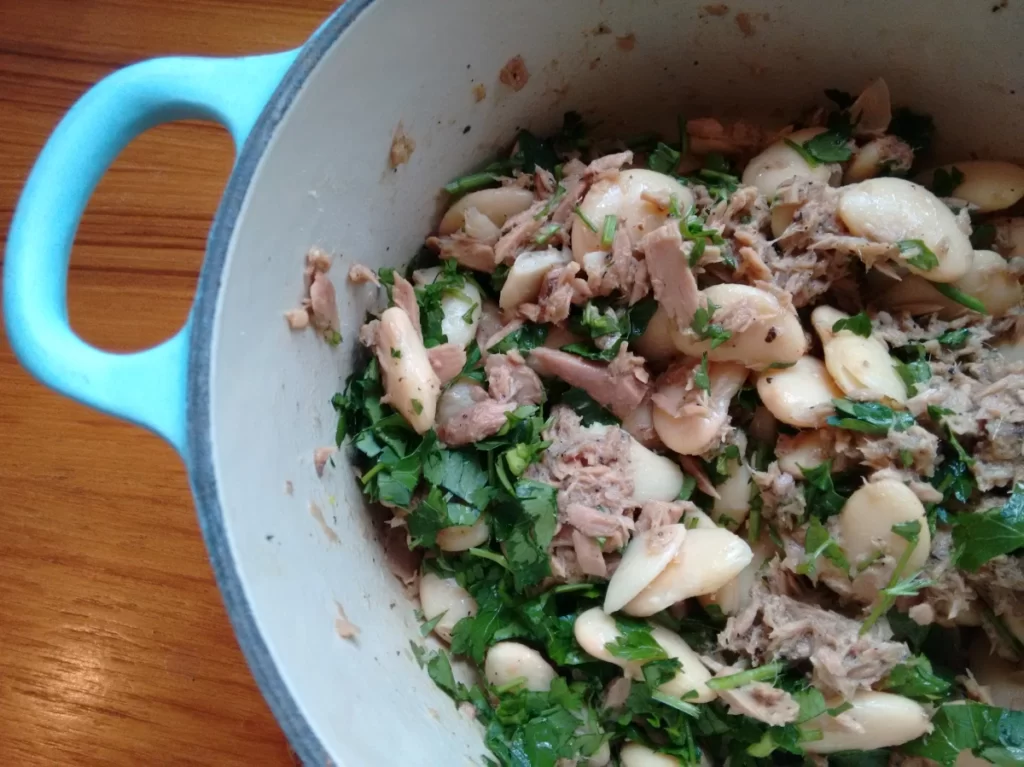
Tuna and Broccoli Mash
This simple and nutritious mash combines tuna and broccoli to create a tasty and wholesome meal for pregnant cats. The tuna provides a source of omega-3 fatty acids, while broccoli adds essential vitamins and minerals. Quinoa offers protein and additional nutrients.
Ingredients:
- 1/2 cup canned tuna (in water)
- 1/4 cup steamed broccoli (mashed)
- 1 tablespoon olive oil
- 1/4 cup cooked quinoa
Instructions:
- In a bowl, combine the canned tuna, mashed steamed broccoli, olive oil, and cooked quinoa.
- Mix well until the ingredients are thoroughly blended.
- Serve the tuna and broccoli mash to your pregnant cat once it has cooled down to room temperature.
- Refrigerate any unused portion for up to three days.
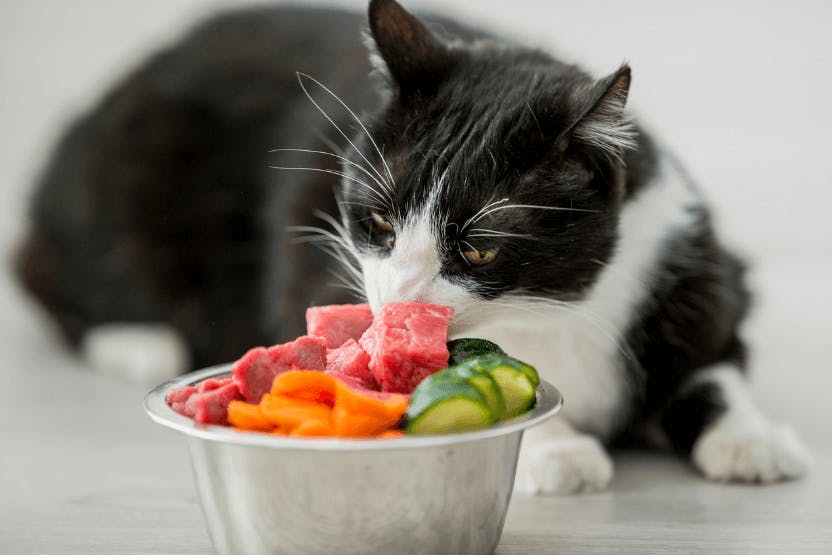
Potential Risks and Precautions
Identifying and avoiding harmful ingredients:
During pregnancy, it’s crucial to be vigilant about the ingredients included in your homemade cat food. Some foods can be toxic to cats and pose risks to their health and the health of their kittens. To ensure the well-being of your pregnant cat, here is a detailed list of foods and ingredients to avoid:
- Onions and Garlic: Onions and garlic contain compounds that can damage a cat’s red blood cells and lead to anemia. These ingredients should be strictly avoided in any form, including raw, cooked, or powdered.
- Grapes and Raisins: Grapes and raisins can cause kidney failure in cats, even in small amounts. It’s crucial to keep these fruits away from your pregnant cat’s diet.
- Chocolate: Chocolate contains theobromine, which is toxic to cats and can cause symptoms like vomiting, diarrhea, rapid breathing, and even seizures. Ensure that your pregnant cat doesn’t have access to any chocolate products.
- Raw Meat, Fish, and Eggs: Raw meat, fish, and eggs may contain harmful bacteria like Salmonella or E. coli, which can lead to food poisoning in cats. It’s best to thoroughly cook these ingredients before including them in your cat’s diet.
- Dairy Products: While some cats can tolerate small amounts of dairy, many are lactose intolerant. Excessive consumption of dairy products can lead to digestive issues like diarrhea and upset stomach. It’s safer to avoid dairy or opt for lactose-free alternatives.
- Alcohol and Caffeine: Alcohol and caffeine are highly toxic to cats and can cause severe health issues. Keep all alcoholic beverages, coffee, tea, and caffeinated products away from your pregnant cat.
This is not an exhaustive list, and certain things may be different based on the medical condition of your cat. Contact a vet for more specialized assistance.
Monitoring weight gain and overall health:
Regularly monitoring the pregnant cat’s weight gain is important to ensure it is within a healthy range. Sudden weight loss or excessive weight gain may indicate potential health issues and should be addressed promptly. Regular veterinary check-ups can help monitor the cat’s overall health, detect any potential complications, and provide necessary guidance for dietary adjustments.
Addressing any concerns or complications with a vet:
If any concerns or complications arise during the pregnancy, it is crucial to consult with a veterinarian. They can assess the cat’s condition, provide guidance on specific dietary requirements, and address any potential health issues. Regular communication with the vet ensures the pregnant cat’s well-being and reduces the risk of complications.

Transitioning Back to Regular Diet
Gradually introducing regular cat food after pregnancy:
After the pregnancy and nursing period, it is important to transition your nursing cat back to a regular cat food diet gradually. Sudden changes in diet can lead to digestive upset. Start by mixing small amounts of regular cat food with the homemade food, gradually increasing the proportion of regular cat food over several days or weeks.
Of course, you don’t necessarily have to do this if you wish to continue giving your nursing cat homemade food. Just make sure to gradually lower the food consumption and protein intake to normal levels as your cat begins to wean her kittens. Otherwise you may put your cat at risk of becoming overweight.
Monitoring the cat’s response and adjusting accordingly:
During the transition period, closely monitor the cat’s response to the regular cat food. Observe for any signs of digestive issues or food allergies. If any adverse reactions occur, consult with a veterinarian to determine the best course of action. Adjustments may need to be made in terms of the type of cat food or the transition period to ensure a smooth transition back to a regular diet.
By following these guidelines for transitioning back to a regular diet, you can help the cat adjust comfortably and ensure a healthy and balanced diet post-pregnancy.
FAQs about Pregnant Cats
Here are some commonly asked questions about pregnant cats and their food requirements.
Do the Nutritional Impacts for a Pregnant Cat vary based on the number of Kittens?
The nutritional impacts can vary based on the number of kittens a pregnant cat is carrying. The number of kittens affects the energy requirements and the strain on the mother cat’s body. Cats carrying larger litters may have higher energy needs to support the growth and development of multiple kittens. They may require more calories, protein, and other essential nutrients to meet the demands of a larger litter.
Additionally, the size of the litter can also impact the available space within the mother cat’s abdomen, which may limit her food intake. This makes it even more important to provide a highly nutritious and calorie-dense diet during pregnancy to ensure that the mother cat receives adequate nutrition despite potential space limitations.
It is advisable to consult with a veterinarian to assess the number of kittens and tailor the pregnant cat’s diet accordingly. The veterinarian can provide specific recommendations on the appropriate adjustments to the cat’s diet to ensure she receives the optimal nutrition to support both her own health and the growth of her kittens.
Can I continue feeding my pregnant cat the same homemade food after she gives birth?
After giving birth, your cat’s nutritional needs may change, and it’s important to adjust her diet accordingly. While you can continue feeding her homemade food, it’s recommended to gradually transition her back to her regular diet. This allows her digestive system to adjust without causing any sudden changes.
To transition her, start by mixing small amounts of her previous cat food with the homemade food. Gradually increase the proportion of the regular food over several days until she is solely consuming her regular diet. This gradual transition helps prevent digestive upset and allows her body to readjust to her pre-pregnancy diet.
However, it’s important to note that during the lactation period, your cat’s nutritional requirements are still higher than normal. She needs sufficient nutrients to support milk production and the growth of her kittens.
Symptoms that indicate my pregnant cat may not be getting enough nutrition?
Monitoring your pregnant cat for signs of inadequate nutrition is crucial for her health and the development of her kittens. Some signs that may indicate insufficient nutrition include:
- Weight loss or failure to gain weight during pregnancy: If your cat is not gaining weight or starts losing weight during pregnancy, it may be a sign that she is not receiving adequate nutrition.
- Dull or rough coat: A lack of essential nutrients can affect the health and appearance of your cat’s coat. A dull or rough coat may indicate a nutritional deficiency.
- Lethargy and decreased appetite: If your pregnant cat appears lethargic, lacks energy, or has a decreased appetite, it could be a sign that she is not getting enough nutrients to support her own health and the growth of her kittens.
- Poor milk production after giving birth: Inadequate nutrition can impact a cat’s ability to produce sufficient milk to nourish her kittens. If you notice that your cat is not producing enough milk or her kittens are not thriving, it’s important to address her nutritional needs promptly.
Conclusion
In conclusion, providing the best homemade foods for pregnant cats offers a unique opportunity to nurture and support your cat during this special time. By selecting nutritious ingredients, tailoring the meals to meet her specific needs, and ensuring cost-effectiveness and quality control, you can contribute to her overall health and the healthy development of her kittens.
Embrace the joy of creating delicious and wholesome meals for your pregnant cat, knowing that you are providing the best care possible for her and her growing family. Have fun!
